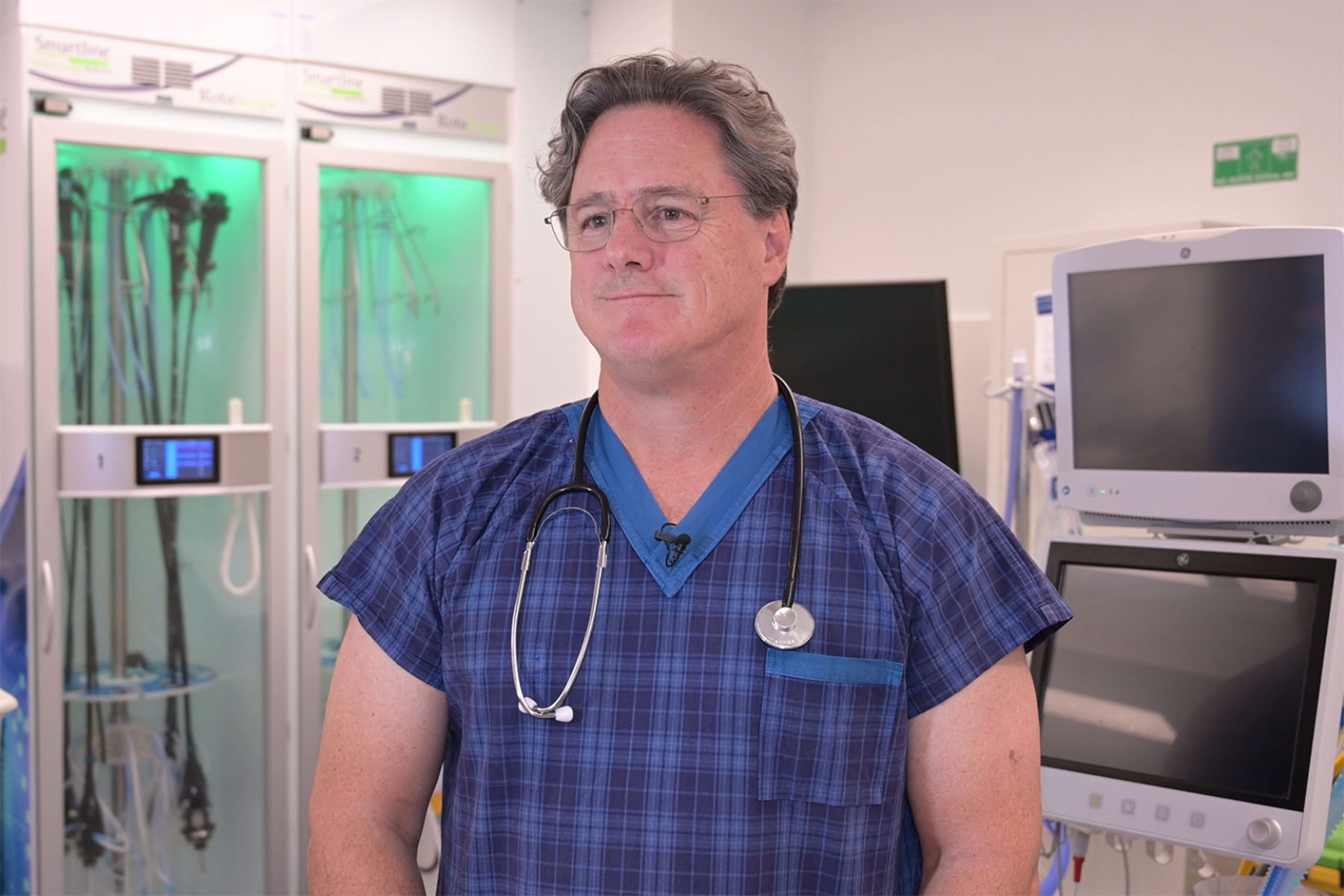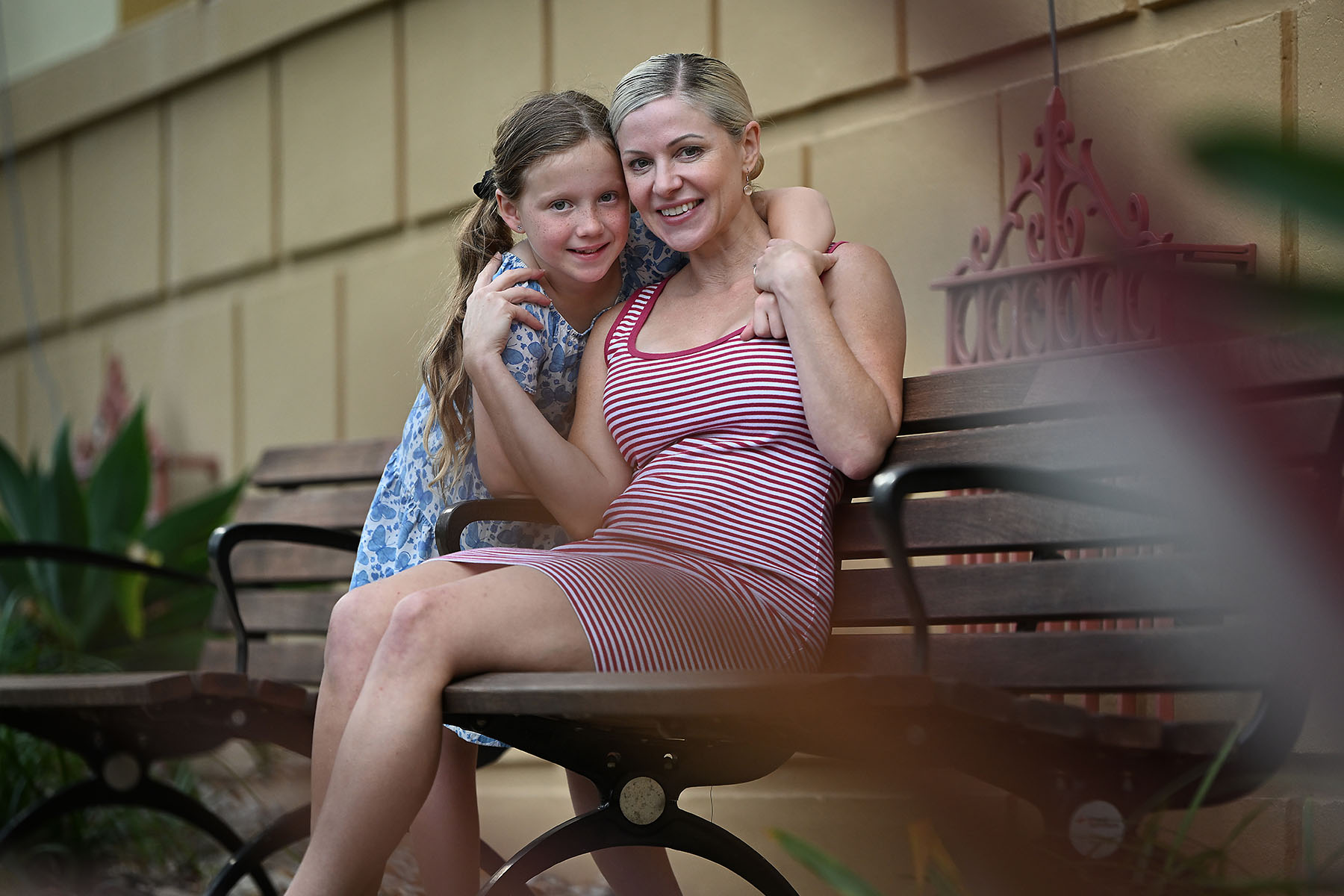
Thousands of Australians with coeliac disease are being urged to get behind a new research network launched in Brisbane last night ahead of International Coeliac Awareness Day next week (16 May).
The concept is the brainchild of Wesley Research Institute, in Queensland, a world leader in coeliac research.
An estimated 360,000 Australians have coeliac disease but a startling four out of five have never been diagnosed, prompting specialist doctors and scientists to call for better education and awareness of both patients and healthcare practitioners.
Even without visible symptoms, patients can experience health problems – from abdominal pain, fatigue and weight loss, to malnutrition, depression, infertility and osteoporosis…even an increased risk of cancer.
More than 150 people attended the official launch of the new Wesley Research Institute Coeliac Research Network, which aims to give patients, carers, doctors and allied health professionals direct access to the latest coeliac science and to encourage people to support and participate in research.
Leading gastroenterologist Dr James Daveson, who is Director of Wesley’s Coeliac Disease and Immune Health Research Program, said the network was an important adjunct to the range of community supports available for coeliac patients.
“In establishing the network, our aim is to bring patients, doctors and researchers together to raise community knowledge and awareness and fast-track the search for better diagnosis and treatment,” he said.
“Coeliac disease is still very misunderstood and many patients have the disease for years before they are diagnosed. By then, a lot of damage has been done that could have been avoided.
“Involving people in research networks means that the whole momentum moves forward. People are more engaged, they have a clearer understanding of what we are trying to do so we would like them to be involved with us. Easier access to papers and research means a lot of people are becoming much more interested in what is happening.
“Although research is often done in the big cities, it is important for people in regional areas to be involved in research and to be able to access the outcomes.”
Coeliac Australia CEO, Fiona Crockett said her organisation “stood together” with global counterparts striving for a brighter future for people with coeliac disease.
“We are committed to ensuring Australia is at the forefront of the latest global research and diagnostic tools available to ensure we move toward our goal of creating a world without coeliac disease,” she said.
Coeliac Disease is an autoimmune disorder caused by intolerance to gluten in wheat, rye and barley and sometime oats. Symptoms can be slow to develop and hard to diagnose.
CASE STUDY 1: Kristina and Ashley Richardson
Constantly sick with every virus and infection as a young school girl then struggling with academic and emotional stress leading to thoughts of suicide as a teen were early, undetected signs that Kristina Richardson had coeliac disease.
It was not until she was officially diagnosed with coeliac disease at the age of 30 that she was able to take control of her life, completing a university degree in nutrition and welcoming her miracle baby, daughter Ashley, now aged 8.
“If I hadn’t been diagnosed I probably wouldn’t have been able to have kids. I wouldn’t have gone to uni. I am really thankful that I was diagnosed in time,” Kristina said.
Kristina knew something was wrong and rushed to get help when Ashley started showing strange signs, like bruising easily at preschool and unusual tantrums and mood swings.
“It is really important for all parents to be aware of the symptoms of coeliac disease in children. Definitely behavioural issues were the biggest standout for Ashley. It was never tummy problems.
“I am very supportive of research and passionate about it. Considering how common the disease is it is hard to believe how little research there is. We really need firm answers to help people live gluten-free in a healthy way that doesn’t impact their quality of life.
“It is important for people to be involved and to know what research is actually going on because there are so many unanswered questions and the more people who can have their finger on the pulse and can give answers based on science rather than hearsay, the better.
“I really encourage anyone who has coeliac disease to get involved in this new research network because any way we can further the research into coeliac disease is going to be beneficial for all of us.”

CASE STUDY 2: Sarah and Ted Hutton
Brisbane City Councillor Sarah Hutton struggled to find a reason for her 18-month-old son’s tiny swollen belly.
It wasn’t until baby Ted was diagnosed with coeliac disease that Sarah and her husband were both found to be genetic carriers of the disease.
For six months, Ted Hutton suffered from a delayed diagnosis, which impacted his growth and critical brain development.
Now a healthy, happy nine-year-old, Ted has learned to live on a gluten-free diet. Even one slice of ordinary pizza can leave him vomiting for hours before collapsing with exhaustion.
“Getting Ted diagnosed was a real battle. I hadn’t even heard of coeliac disease before he became sick,” Sarah said.
“If we’d known then what the science is telling us now, we could have potentially avoided a whole lot of heartache.
“People need to be curious about their health and ask more questions and not just take one person’s opinion as the final answer.
“It is really important to get involved in research because if you don’t, nothing will change. You need people to be participants in trials to further the work, if not for themselves then for their family.
“I am the biggest advocate for research after seeing the change the team at Wesley is making in people's lives today.
“There is always the potential that we might find some way of preventing coeliac disease from actually happening. That would be a huge win.
“The answer is there, we just haven’t found it yet.”